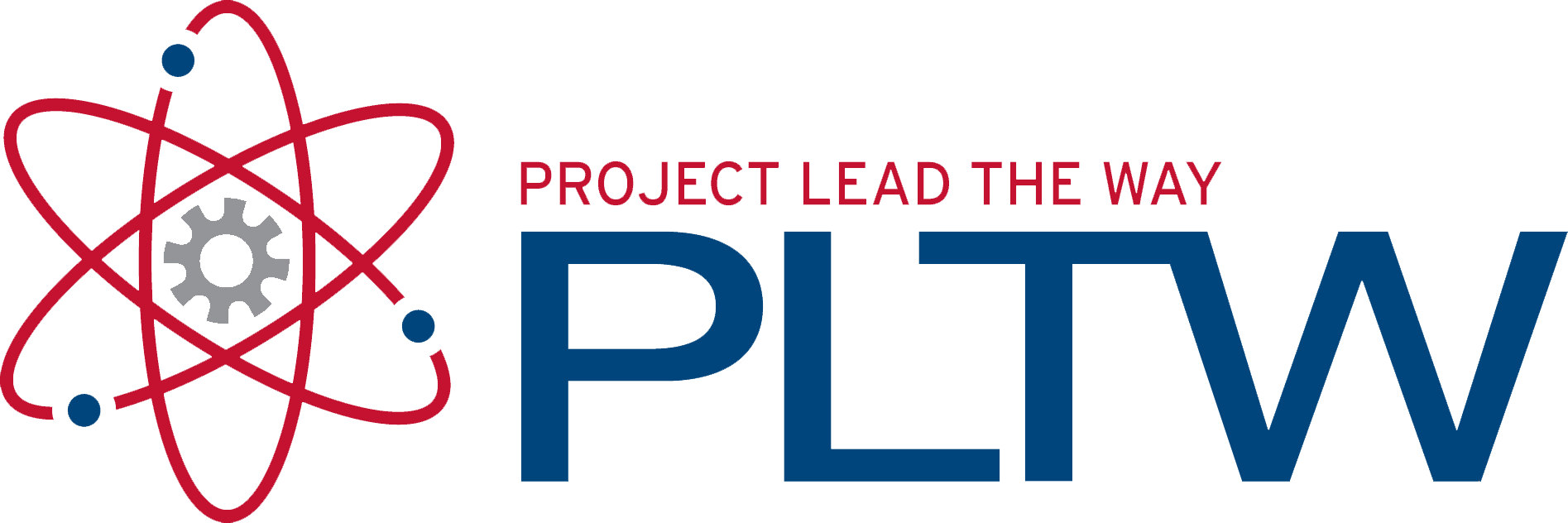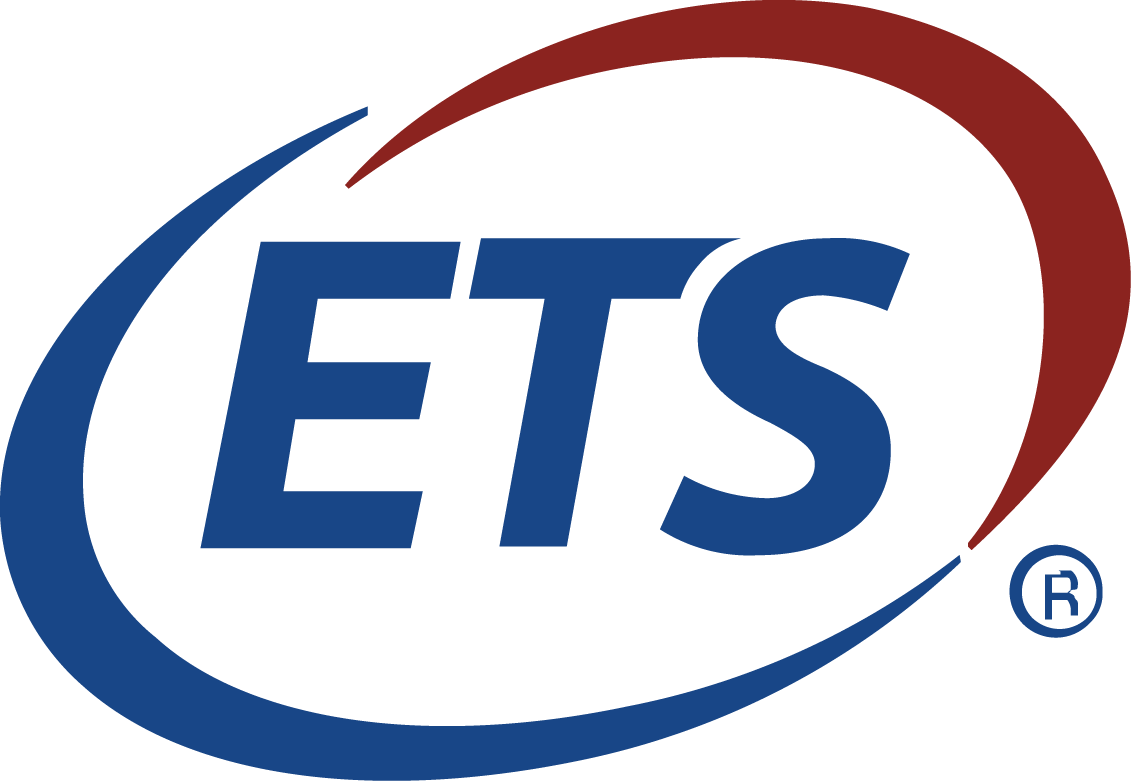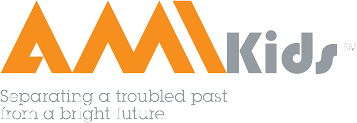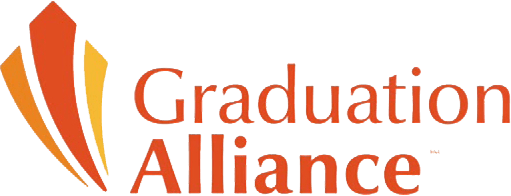Currently, nine out of ten students around the world are without access to their traditional education offerings (NPR, 2020). In a review of previous interruptions to educational systems (Katrina, Rwanda), the students who eventually returned to school arrived two or more years behind grade level, demonstrated a higher likelihood to dropout, and experienced social & emotional challenges.
Parallels exist with our current situation in that students are entirely disrupted from their standard learning modality while experiencing a traumatic and evolving crisis. However bleak this situation may appear, it has the potential to transform the education system – our educational iPhone moment.
Could we treat this situation as an opportunity to re-envision our education system founded upon the one-room schoolhouse? And if we were to rebuild this system, would we create the one we currently have or an entirely new one?
To be clear, I believe in the American education system, yet this “Corona-recession” creates an unprecedented opportunity; Akin to the retooling of America post the great depression or the creation of the highway system. A time to envision an educational model were financial rules, state regulations, and perceptions are second to the crown jewel of educational access and outcomes.
In four weeks, educators and institutions have already begun implementing changes once considered unthinkable. As evidence, the College Board, a legacy of institution, announced the potential for an at-home administration of the SAT (U.S. News, 2020). As a seventeen-year-old, I recall the test administration protocols resembled the intake process for Alcatraz. This drastic shift highlights one of the many organizations swiftly evolving beyond their traditional barriers to meet the needs of learners.
Let us embrace the opportunity to pioneer a new path. Could we be bold enough to resolve the glaring inequity of technology and connectivity among students and schools? Can we engage online learning, often viewed as supplemental or even detrimental to school districts (due to funding formulas), to support a 24/7 student learning paradigm in which our learners are accustomed to education both inside and out of the classroom? Will we implement holistic social and emotional programs to create a climate of success founded on self-regulation and determination?
These are not necessarily new ideas. Similar proposals are discussed annually at education conferences across the country. These concepts are field-tested, but in limited use due to both implied and existing rules of our system. Now is not the time to regulate or mandate, but rather encourage and support our educational community to embrace innovation. Committing to resolving achievement gaps and building a system without cumbersome rules to advance American education beyond its traditional upbringing.
When the world first viewed the iPhone, few could conceive of the powerful device we use each day. Steve Balmer (CEO of Microsoft at the time) famously laughed at the mention of the new device as unreliable in comparison to the status quo – a PDA. However, it was our embrace of the unknown, and willingness to experiment, which allowed the iPhone to transform our society.
While the coronavirus is impacting daily life in many painful ways, it has forced us to revise our understanding of education. As an optimist, I believe this could be our iPhone moment for education, which the educational world, as we knew it, discarded the status quo, and prioritized unlimited student potential.
Contributed by Strategos Group Partner, Adam Giery. Adam is based out of Tampa, Florida, and can be reached via email at agiery@strategosgroup.com.
Subscribe to our monthly Newsletter which will include company updates, announcements, and more.
We will get back to you as soon as possible.
Please try again later.
© 2021 Strategos Group. All Rights Reserved.













